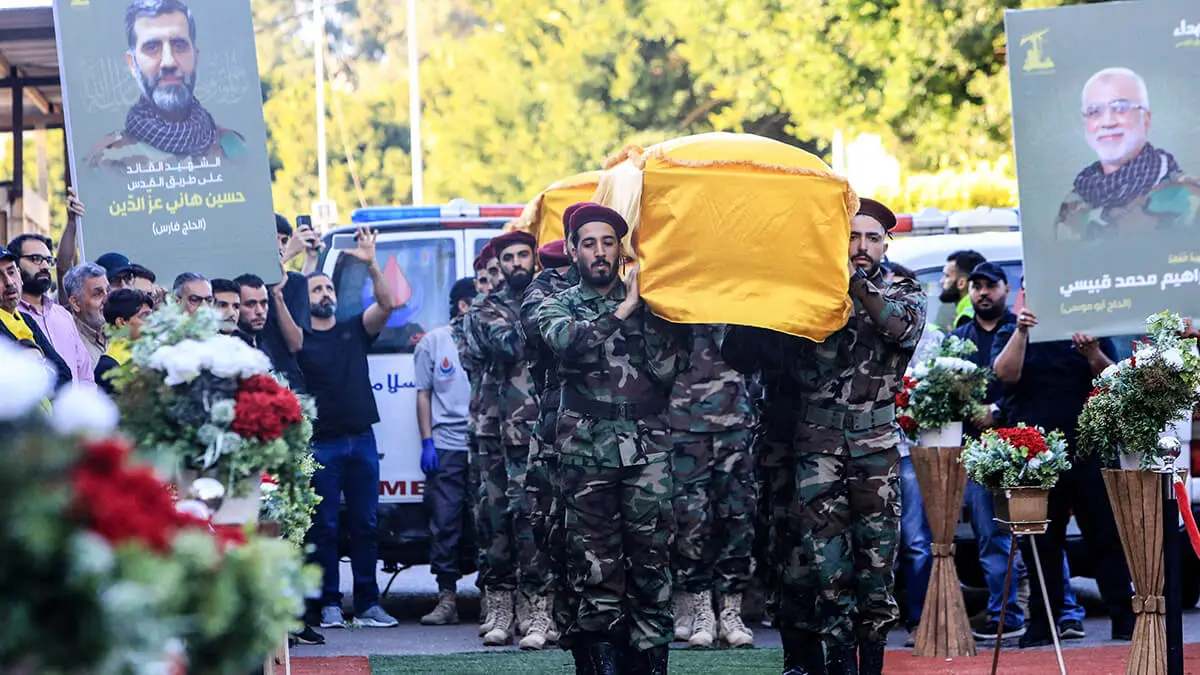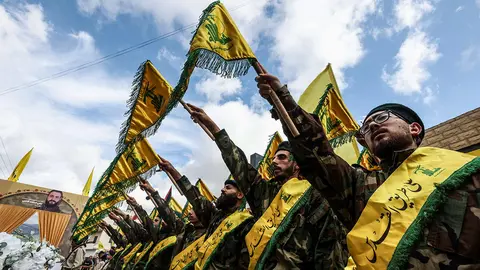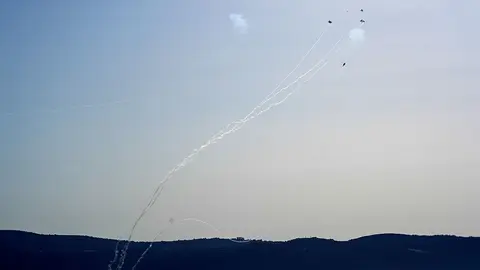Israel versus Hezbollah

The deterrence that Israel has shown it is capable of will condition Hezbollah's movements and ability to engage, as well as registering a subdued reaction in Tehran, beyond the usual less apocalyptic threat in this case, as it awaits the response to the death of Hamas leader Ismail Haniyeh.
The show of force is usually one of the key elements in achieving the deterrence sought to avoid a major confrontation without damage to the positions and interests being defended. In the last century, the great historical deterrent has been the nuclear weapon capability that has gradually been achieved by several countries. During the Cold War, the nuclear arsenals of the two great powers, the United States and the Soviet Union, guaranteed deterrence with the so-called doctrine of mutually assured destruction. In other words, if one power launched its nuclear missiles, the other had enough time to launch its own and the end result would be the destruction of both sides. Over the years, the club of nuclear-armed states grew and threats of destabilisation increased in various regions of the world.
Israel is one such actor that has acquired a nuclear weapon. The only one in the Middle East at the moment as Iran is pursuing its nuclear programme, something the Tel Aviv government is determined to prevent. The chilling option of the use of nuclear weapons, even if only tactically limited in scope, is always looming on the near horizon. In Moscow, some leaders more radical than Putin have threatened to use tactical nuclear weapons in Ukraine.
Since 7 October, following the terrorist massacre perpetrated by Hamas in Israel, with the major security failure of the almost infallible Mossad services, the government of Prime Minister Benjamin Netanyahu has been carrying out a military crackdown on pro-Iranian terrorist groups in Gaza, the West Bank, Lebanon, Yemen, Iraq and Syria, supported by the United States and major European and Western countries.
Operations against Hamas in Gaza and bombings against Hezbollah in Lebanon, as well as tepid direct strikes between Israel and Iran, and Houthi attacks from Yemen against ships heading for the Suez Canal, complicating international trade, have led to fears of further uncontrolled escalation with unpredictable consequences.
Now, the situation has changed markedly. Faced with allegations of civilian casualties in Gaza, even if Hamas used them as human shields, Israel has targeted political leaders, such as Ismail Haniyeh, or senior Hamas and Hezbollah operatives. And it has struck a huge blow, a spectacular deterrent, with the operation of the walkie-talkies and the busters. Thousands of devices have exploded, killing more than 30 Hezbollah leaders and members, as well as Iran's ambassador to Lebanon, which may be far more productive in preventing a full escalation of the conflict. It has caused a sense of vulnerability, weakness, insecurity and uncertainty in the Lebanese militia, but also in Iran.
Israel is capping the operation by bombing rocket launchers in southern Lebanon and killing more senior Hizbollah leaders. Its leader, Hassan Nasrallah, speaks of a declaration of war and apocalyptic retribution. Nothing new in these cases. The reality may be very different. In an operation that even Fadua's scriptwriters could not have imagined, with outdated equipment, the deterrence of open war may work among those who are now afraid to open the microwave or turn on the light in their homes. But it seems that it is the Israeli government itself that will not stop, as it prepares for a ground operation in Lebanon to destroy Hezbollah as much as possible. As we have written, after the massacre of 7 October, Israel's decision, with the support of the United States, albeit for the time being conditioned by the elections, and of several European countries, is to wipe out the pro-Iranian terrorist groups in the region. These are Hamas in Gaza and the West Bank. Hezbollah in Lebanon. The Houthis in Yemen and related groups in Syria and Iraq. A big goal that is not easy to achieve and will require a hard, painful and long road for all of us.



